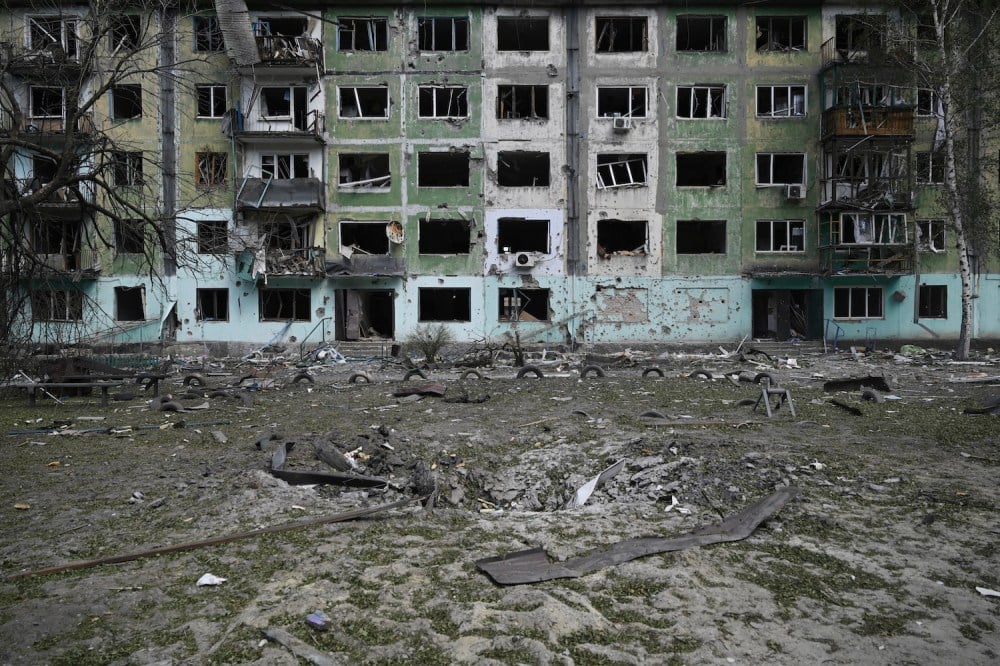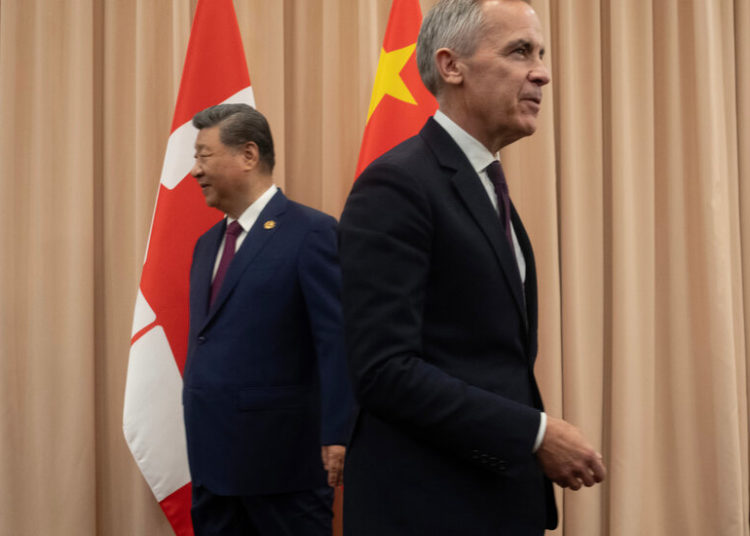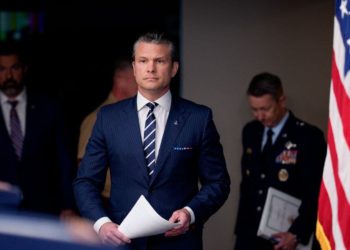U.S. President Donald Trump and Russian President Vladimir Putin’s upcoming summit in Alaska this Friday represents a hopeful start to ending the war in Ukraine. But true peace will require more than just the involvement of the United States and Russia. It also requires Ukraine, Europe, the United Nations, and China.
Moscow and Kyiv remain far apart on how to end the war. Despite having suffered staggering casualties with few dramatic changes on the ground, neither side has shown any public willingness to compromise on its key demands. Ukraine is unwilling to accept terms that demand disarmament or the cessation of territory without securing some meaningful protection in return. Russia, of course, is still pushing for these concessions, while rejecting the possibility of a security commitment to Ukraine from NATO.
Yet behind the public posturing, a different reality is taking shape. Ukrainian President Volodymyr Zelensky has signaled an openness to a resolution with Russia under the right conditions. Putin’s regime, in turn, has conveyed its willingness to consider a U.N.-led peace framework, as shown by statements by Russian U.N. Ambassador Vassily Nebenzia. In this context, negotiating a solution that respects both sides’ red lines is difficult but not impossible.
China is uniquely positioned to help break the gridlock. Beijing can convene a follow-on summit bringing together Ukraine, Russia, the United States, and Europe, leading to a face-to-face meeting among the leaders of all these players. The goal would be to create a formal seven-party talks framework consisting of the five permanent members of the U.N. Security Council, plus Ukraine and representatives from the European Union.
China has both the diplomatic standing and economic leverage to pull this off. It remains both Russia’s and Ukraine’s largest trading partner, at $240.1 billion and $12.8 billion, respectively, in 2023. Both Russia and Ukraine are members of the Belt and Road Initiative, and China is particularly invested in the stability of Ukraine’s grain exports. As a result, Beijing can offer Russia the off-ramp it needs and provide reconstruction and recovery assistance to Ukraine.
A seven-party talks framework avoids forcing one side to capitulate to the other’s narrative. Instead, it works to reframe the problem by seeking out shared interests—such as nuclear safety, regional stability, and an end to the human misery created by active fighting—that can be de-linked from more contentious zero-sum debates.
The first step is a cease-fire. History shows that even partial success here could stop escalation, reintroduce flexibility, and help create a framework within which more lasting arrangements can eventually take shape. The summits and early work need not resolve every territorial or legal claim up front. Instead, they should seek to freeze hostilities, open humanitarian corridors, restore basic economic functionality, and begin negotiations on a longer-term settlement.
Once even a limited cease-fire is secured, a space would be open for a U.N. peacekeeping force to expand on it. U.S. Defense Secretary Pete Hegseth has stated in Brussels NATO meetings and at the Munich Security Conference that deploying U.S. forces to Ukraine would be unacceptable and that “any security guarantee must be backed by capable European and non-European troops.”
Hegseth’s comments offer a promising way forward. An effective peacekeeping force could be composed of a mixture of nonaligned states and European ones. This would offer a politically viable middle ground, allaying fears on both sides of the conflict. Their physical presence would inhibit future conflict and ensure the beginning of a reconstruction process. Such a force could be composed of five European countries—such as Germany, France, the United Kingdom, Poland, and Italy—and five BRICS nations such as China, Brazil, India, South Africa, and Egypt. This arrangement would underscore neutrality and also distribute responsibility, thereby ensuring broad-based legitimacy and a durable security guarantee.
The BRICS countries’ relative distance from European security affairs can be turned into an advantage. Because they are less historically entangled, they are more capable of offering creative guarantees and confidence-building measures that all parties can accept. These should include not only peacekeeping support but also long-term development assistance.
Plans for postwar recovery will be vital. The task of rebuilding Ukraine requires sustained international effort—not only financial, but also logistical and technical. BRICS countries, especially China, have the engineering expertise and financing capacity to aid in reconstruction. China’s participation would not only help accelerate Ukraine’s recovery but also demonstrate Beijing’s wider commitment to peace, stability, and inclusive development. Within this framework, smaller working groups could tackle specific challenges: humanitarian access, territorial disputes, energy infrastructure, and long-term security guarantees—each reinforced by a more diverse coalition of contributors.
A peace summit that includes all stakeholders—perhaps announced at the U.N.—could demonstrate that competition need not preclude cooperation. As new conflicts from the Middle East to East Asia threaten to multiply, the entire world has a responsibility to help preserve peace. By hosting seven-party talks, Beijing can help lead the way.
The post China Can Help Trump and Putin End the War in Ukraine appeared first on Foreign Policy.




